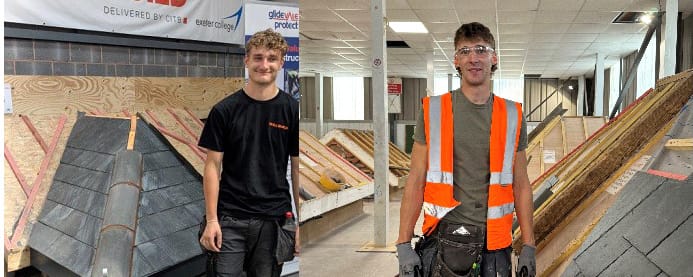How sustainable power is changing the way electricians work

The electrical sector is on the verge of a skills crisis and is in need of 15,000 more electricians over the next five years to keep up with the demand for more sustainable energy sources, according to the Electrotechnical and Skills Partnership.
However, even if the demand is met, many employers feel their training is not appropriate to support the installation of these greener energy sources. Whilst we’re seeing a growing number of technologies contributing to the UK’s zero-carbon goal, many electricians are finding themselves in new territory. So what does this mean for the future of our electricians? Will they need to be re-skilled? Keep reading as we discuss how the role of an electrician is already changing.
Solar panels
According to EDF energy, the amount of solar energy that reaches the earth’s surface in one hour covers our planet’s total energy requirements for a whole year. And whilst we are continuing to see a rise in the number of solar panels ordered, there is often a delay in installation. This is because electricians need to be certified under the Microgeneration Certification Scheme, which ensures all companies are installing panels at a high quality standard.
Smart meters
Smart meters are a great way to keep an eye on how much you’re spending on gas and electricity. Whilst traditional meters are accurate, smart meters can automatically send meter readings to your energy supplier, so you’re only paying for the energy you’re using. This could perhaps put an end to home visits from energy companies looking for meter readings as they look to navigate issues through digital technology.
Electric cars
There are close to 7,500 electric charging points for electric vehicles and this number is continuing to rise. Charging infrastructure is changing rapidly as energy companies are being guided by consumer behaviour. For example, longer charging sessions can be carried out in residential spaces overnight, so companies are looking at how they might use lamp posts as charging ports. Also, stores such as IKEA have partnered with providers to install charging stations within their carparks, so customers have the convenience of coming back to a fully charged car after their shopping trip.
Smart homes
Whilst most electricians will advocate for LED bulbs as they are much more energy efficient, there are so many more ‘smart’ products available to help us make better use of energy in our homes. Many smart home assistants, such as Google Home, and Amazon Alexa all allow you to adjust your lighting, heating and electronics using your voice or through an app on your smartphone. There are also smart plugs, that use WIFI to respond to a command, so you can leave home without worrying if you’ve left the TV on.
There’s no doubt the industry will require a new generation of skilled electricians that encompass both existing and new skills in order for us to keep up with the demand for sustainable energy. At Walsall College, we have an industry standard electrical workshop designed to help you stay ahead of the changes.
Apply now to secure your place for September. See our Electrical Installation courses.



